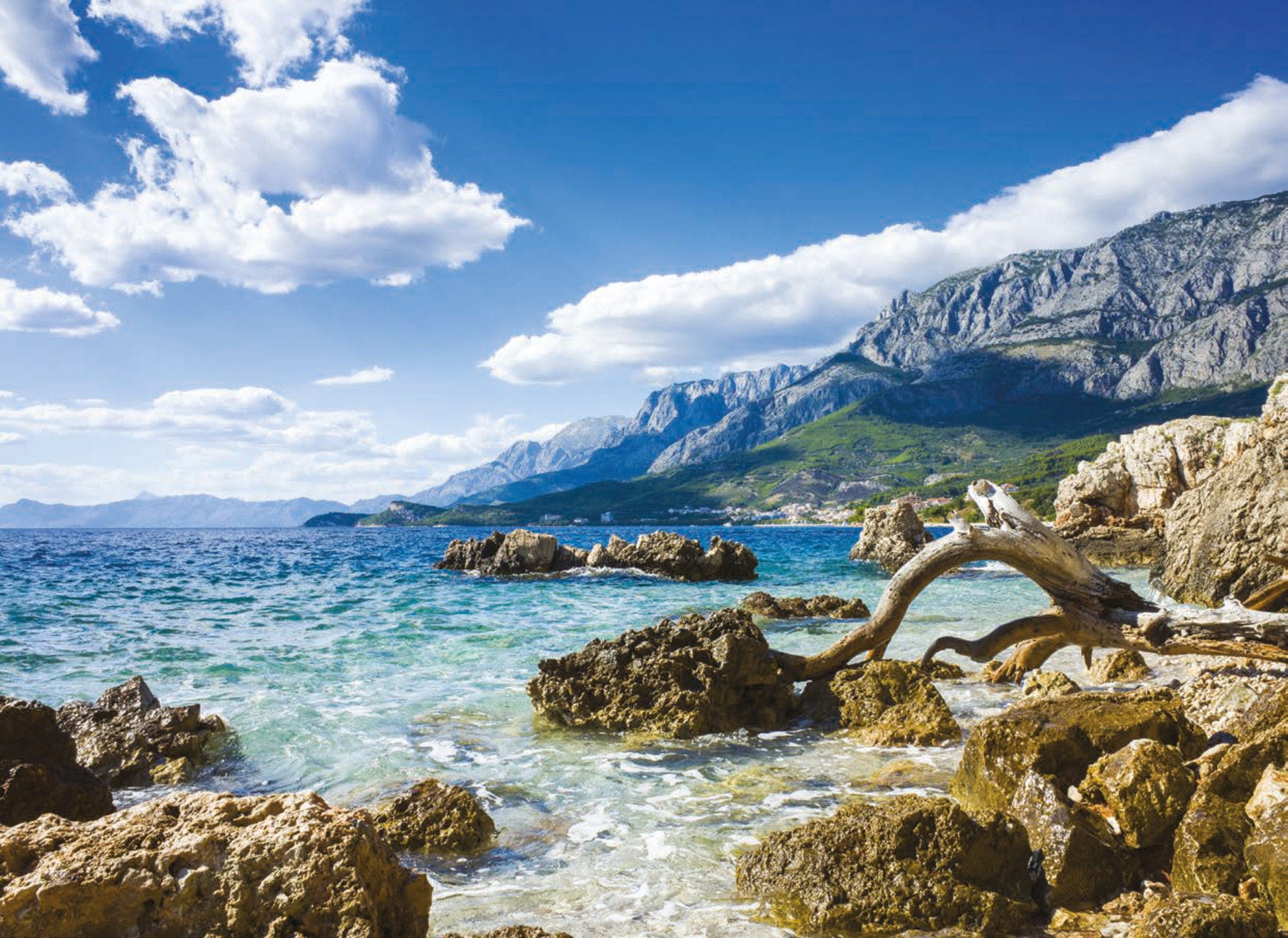Croatia’s strong recovery from the COVID crisis was slowed in 2022 by surging inflation and weaker global growth. Growth ahead will be supported by recovering household real disposable incomes arising from wage and employment growth, strong services exports, and by expanding investment (Table 1). Integration in the euro and Schengen areas provides a further fillip to external demand. Limited spare capacity, notably from skill shortages, is constraining output growth. Returning inflation to low rates while expanding the economy’s productive potential will be key to sustaining economic growth.
Croatia’s economic policy has forcefully countered the COVID-19 and energy price crises. In response to rising prices, generous public support packages have buttressed the incomes of households and firms. Largely untargeted price subsidies make up the bulk of these measures, along with support for vulnerable groups and investments to improve energy efficiency. Following the most recent extensions, the measures will largely expire by October 2023 and April 2024, and are becoming less significant as energy prices decline. Retreating energy prices are lowering headline inflation (Figure 1). However, rising input costs, capacity constraints and wages, along with elevated price expectations, are slowing the decline in inflation. If energy prices were to surge again, private consumption, public finances, and international competitiveness risk weakening.



